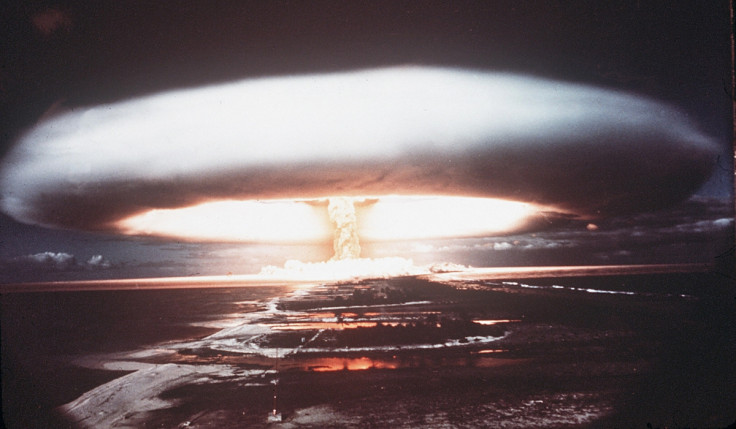UK's nuclear regulator warns of rising terror threat to nuclear industry

The Office for Nuclear Regulation (ONR) has warned that threats of cyberattacks, or terror attacks, to the UK nuclear industry will continue to rise. However, the nuclear regulator said it would continue to manage those threats "proportionately and effectively through national and international capabilities".
The growing terror threat to UK's nuclear industry found mention in the ONR's Strategic Plan 2016-2020, released recently. One of the factors that will influence its implementation of the plan is "the range of modern and evolving threats to the security of the nuclear industry, including threats to cyber security and the contribution nuclear security makes to national security," the regulator states in the strategic plan.
"We recognise the world is increasingly globalised and digitised, where both the terrorist threat and the risks from cyberspace are changing. The government and duty-holders have well-developed security capabilities to deter and defend against organisations and individuals that might conspire to attack or exploit the nuclear estate," the document said.
The regulator said it would work in collaboration with the government "to ensure that security-focused regulations evolve to remain fit for purpose and align with safety regulation" and that it will issue new outcome-focused security regulatory guidance in March 2017.
The strategic plan is focused on three themes — the first of which is "influencing improvements in nuclear safety and security." The other two themes are "inspiring a climate of stakeholder respect, trust and confidence" and "achieving our vision through our people." The plan provides an account of the activities the regulator will undertake as part of the three strategic themes during 1 April 2016 to 31 March 2020.
The nuclear regulator termed the next four years, that will see "significant changes across the UK nuclear sector," as challenging. The tenure will mark the beginning of construction of the first nuclear power station for over 25 years at Hinkley Point C, the potential introduction of new nuclear reactor technology, the start of one of the largest decommissioning projects in Europe, and potential extension of operation of first generation nuclear facilities. "All of which will be taking place against a backdrop of increasing global security threats," the regulator said.
ONR will review and update the strategic plan annually, based on changes in circumstances, revised assumptions about the nuclear landscape, changes in operating and business environments, and adjustments to regulatory priorities, it said in the plan.
The UK nuclear regulator's acknowledgement of increasing threats to the nuclear industry comes hot on the heels of reports suggesting that the Brussels bombers had planned to steal radioactive materials from a Belgian nuclear plant to build bombs, The Independent reported.
John Large, a nuclear expert, was quoted as saying that the ONR's admission of the increasing terror threat to nuclear industry "might be too late", but it makes the regulator more accountable. In a report in 2014, an expert, who pointed out that nuclear reactors are highly prone to drone attacks, reportedly explained that as nuclear plants were built in the 1950s and 1960s, their designs focused on guarding them against accidents and not from terrorist attacks. "That's one of the problems they [the nuclear industry] face," he said.
Interestingly, the ONR's acknowledgement of a rising threat follows news about reduction of the Civil Nuclear Constabulary. The force will cut down its officer strength by about 200 by 2020, it announced recently, according to The Independent.
© Copyright IBTimes 2025. All rights reserved.





















